Resources
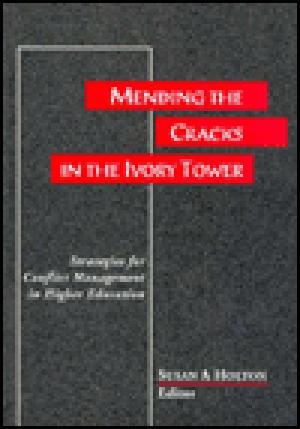
This book's 14 chapters provide models of conflict management and practical guidance for those working in institutions of higher education. (From the Publisher)
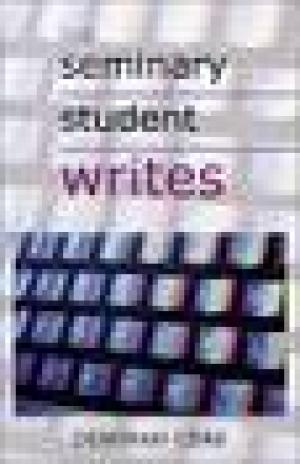
Deborah Core offers practical guidance for beginning seminary students who feel overwhelmed and under-prepared to write the number and quality of papers their courses require. The book begins with reflections on writing as a sacred action, then addresses such practical matters as choosing and researching a topic; outlining, drafting, and polishing a paper; and using the proper format for footnotes and bibliography. Also included are sample papers in MLA and Chicago styles and an overview of grammar and usage. (From the Publisher)
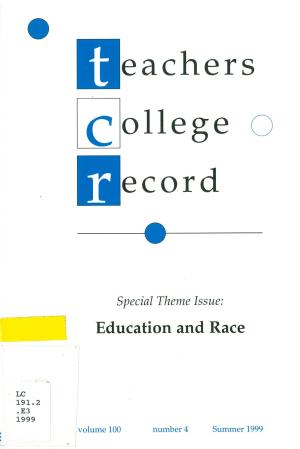
Journal Issue.
Reports on the challenges of United States accredited schools of Christian theology in teaching master's-level students with little or no preparation, either academically or personally. Theological ignorance of many incoming students; Poor undergraduate training; Remediation efforts done by seminaries.
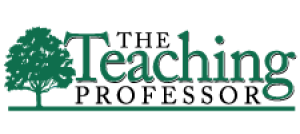
Journal Issue.
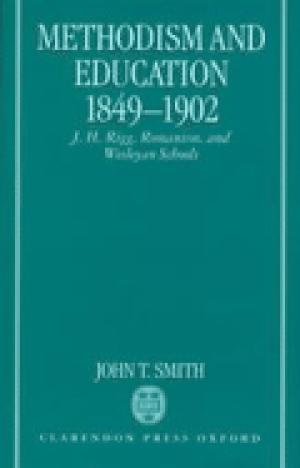
This thorough history of the Wesleyan Methodist educational efforts in Victorian England discusses the influence of Dr. James Harrison Rigg, Principal of Westminster Training College, who dominated his church and who made friendships with senior politicians of the day. The book also Looks in depth at the influence of anti-Catholicism, which was rampant in the Methodist church of the era. (From the Publisher)
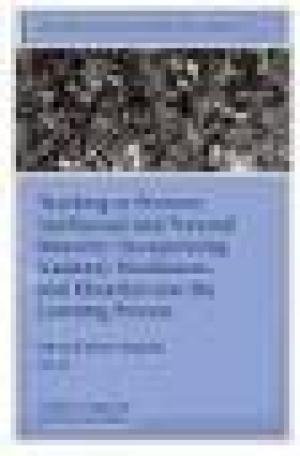
Revealing that it is not what students think, but rather how they think that is important to the learning process, the contributors to this issue explore the full-range of cognitive and emotional dimensions that influence how individuals learn—and they describe teaching practices for building on these to help students develop intellectually and personally. They examine how students' unique understanding of their individual experience, themselves, and the ways knowledge is constructed can mediate learning. They look at the influence of gender, race, ethnicity, and sexual orientation in shaping the learning process and examine how to create a culturally responsive learning environment for both students and faculty. The issue also explores the role of service learning in developing a strong sense of the caring self, examines the opportunities and challenges of expressing cultural identity in the learning community, and offers various strategies for linking learning goals to students' views of knowledge. (From the Publisher)
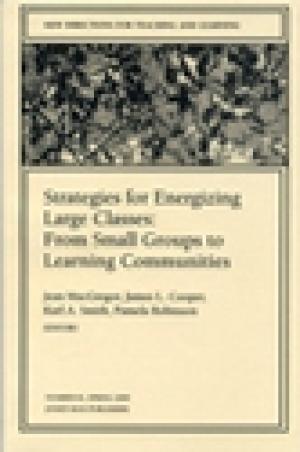
The large introductory lecture classes common on most campuses pose a particular challenge to instructors who want to encourage the active student involvement that is a vital part of the learning process. (From the Publisher)
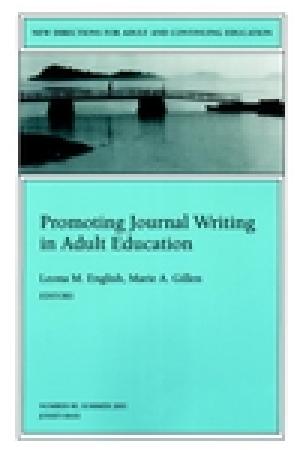
In this issue, the authors argue that adult educators must find ways to add a spiritual dimension to their practice if they are to take a truly comprehensive approach to adult education, one that meets all of adult learners needs. They show how an integral part of adult education is helping learners discover a sense of meaning and purpose in their lives, a feeling of connection with something larger than themselves. The contributors discuss how mentoring, self-directed learning, and dialogue can be used to promote spiritual development, and advocate the learning covenant as a way of formalizing the sanctity of the bond between learners and educators. They draw on examples from settings as varied as continuing professional education, community development, and health education to show how a spiritual dimension has been been successfully integrated into adult education programs. (From the Publisher)
A brief review and annotated bibliography on designing a teaching portfolio.